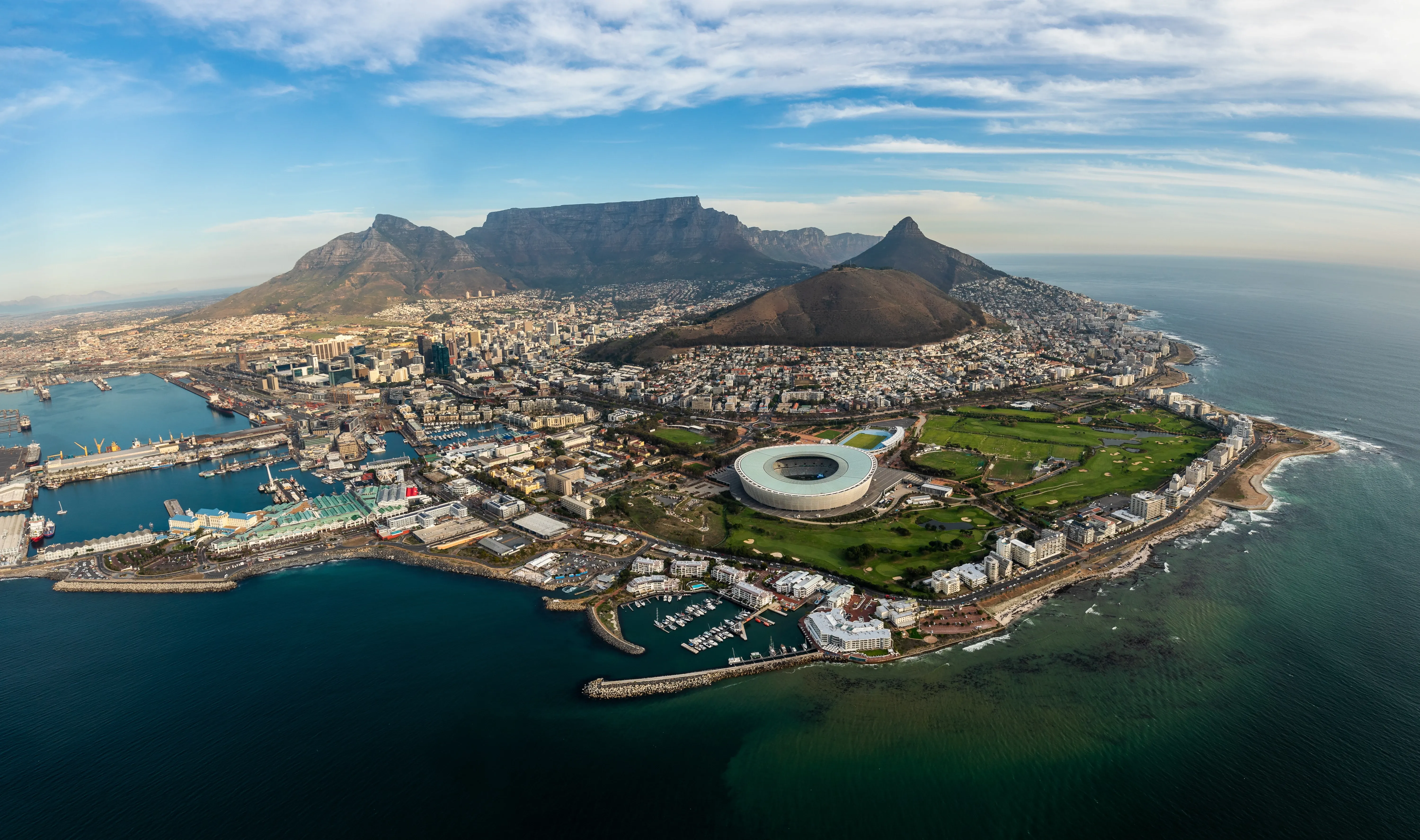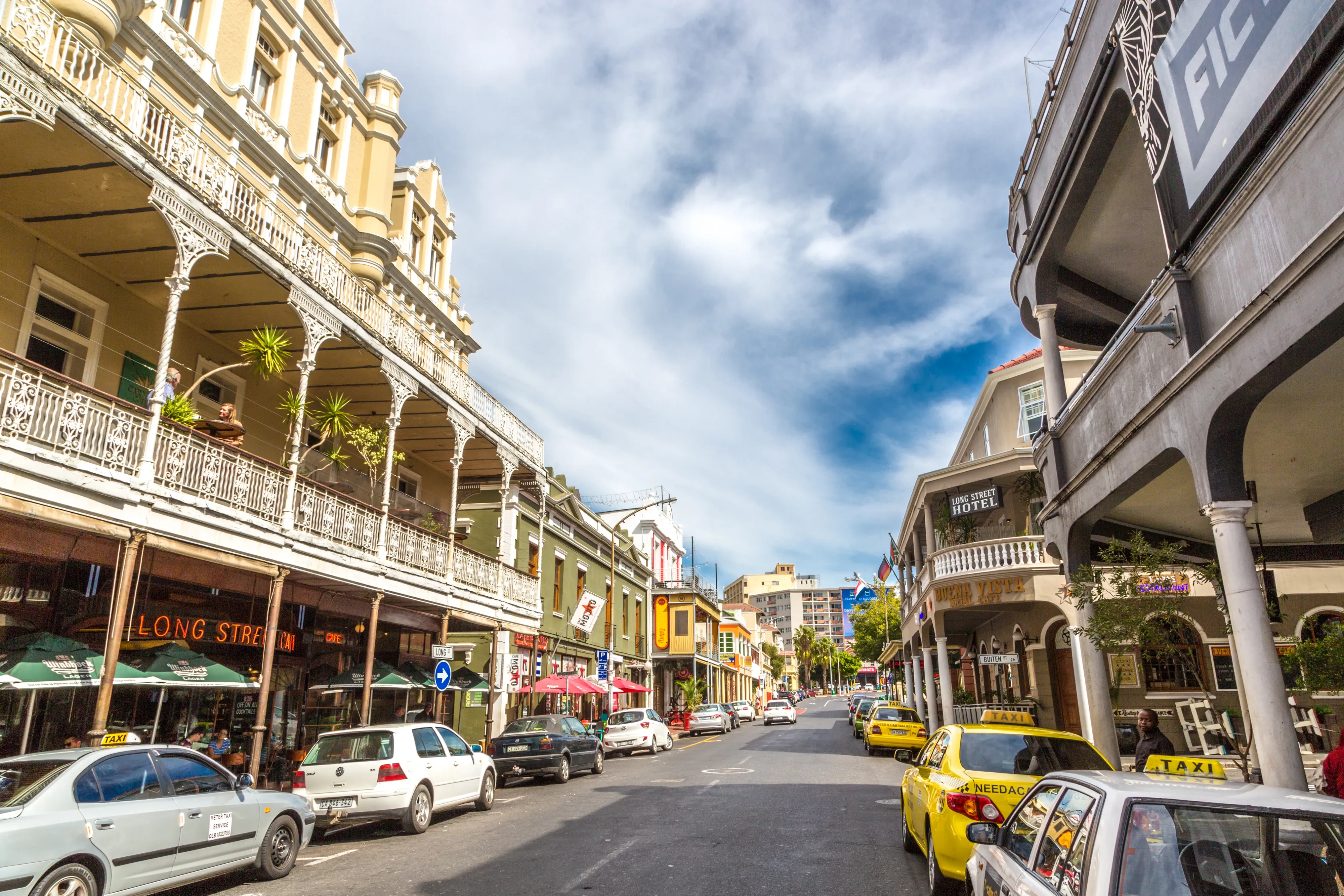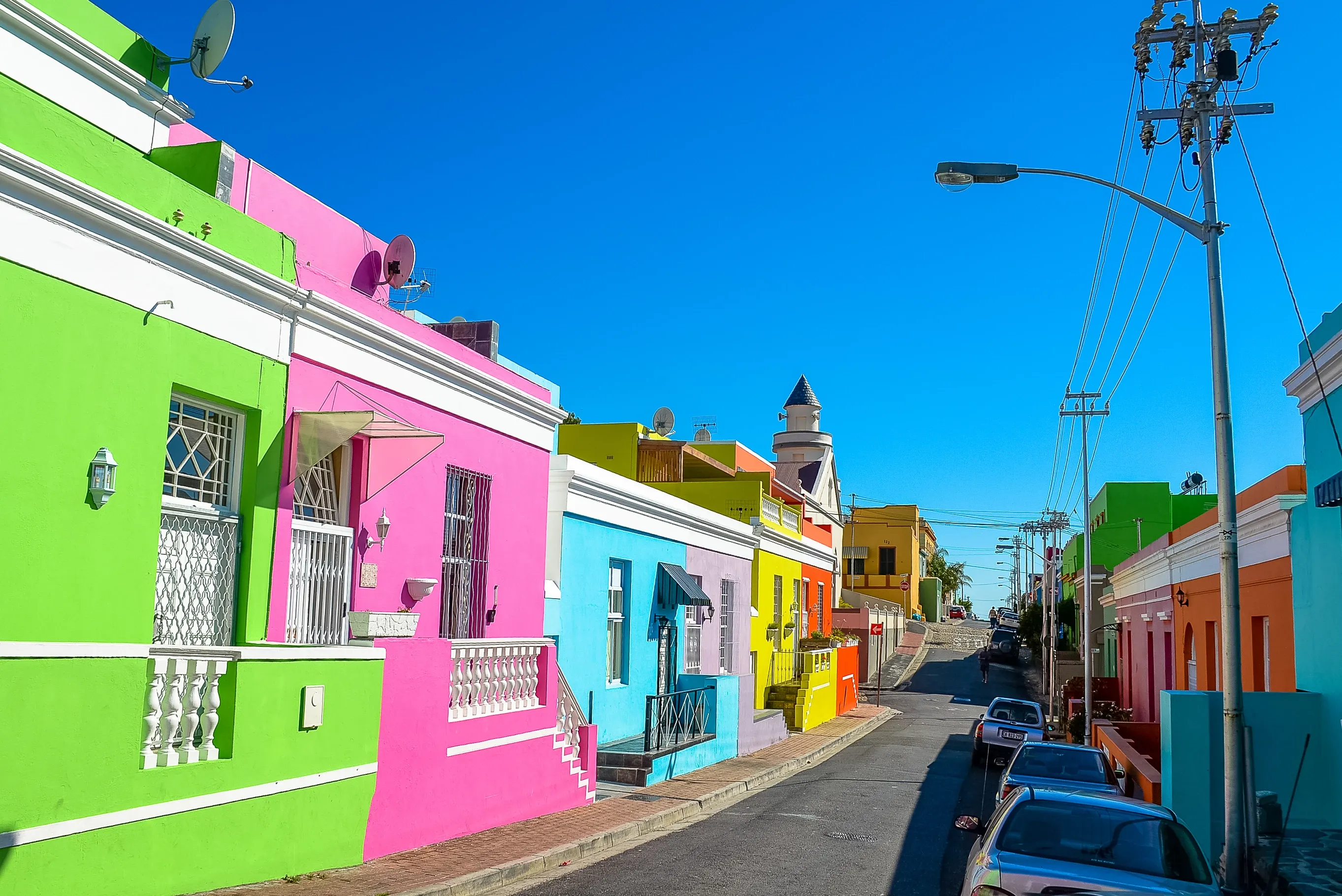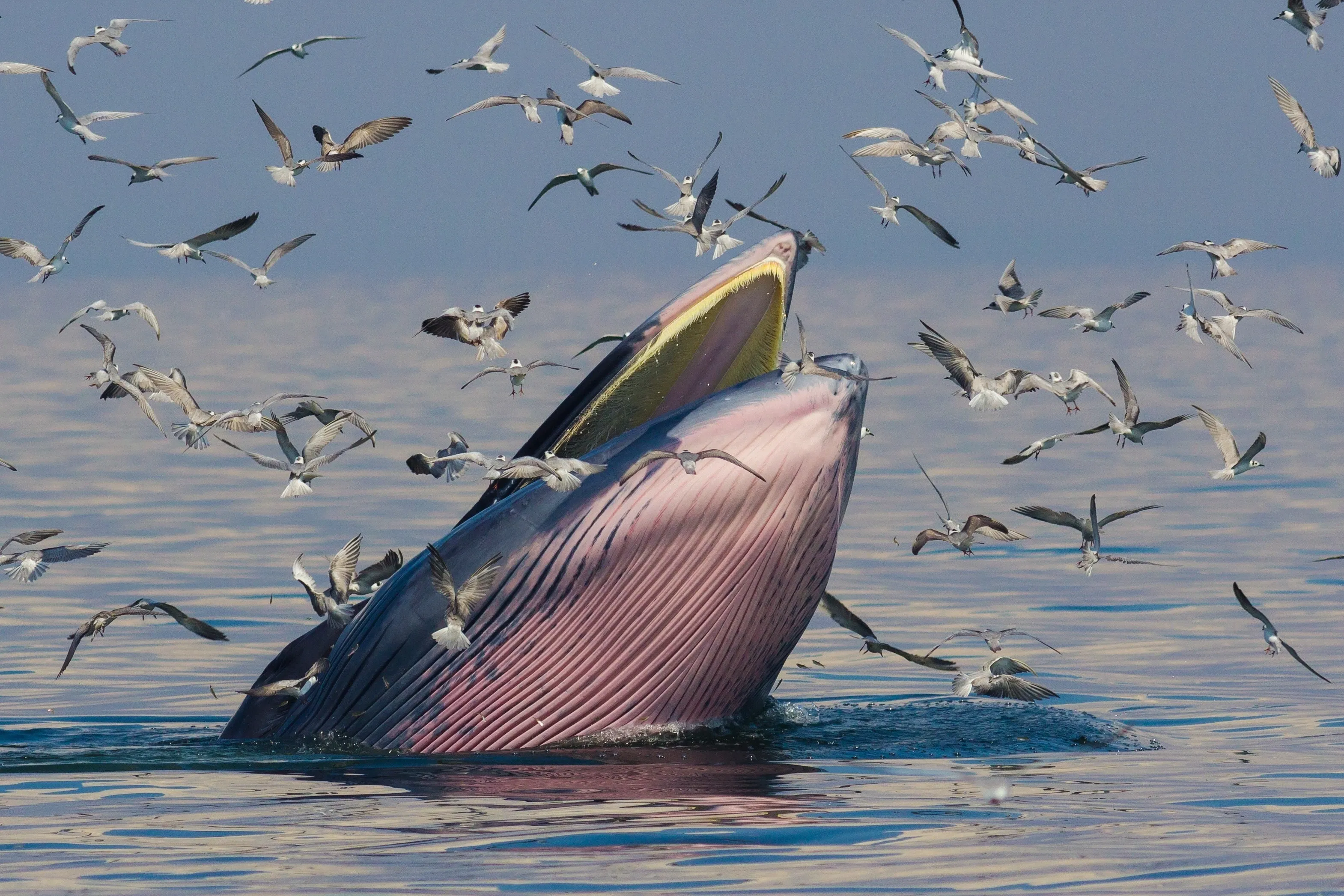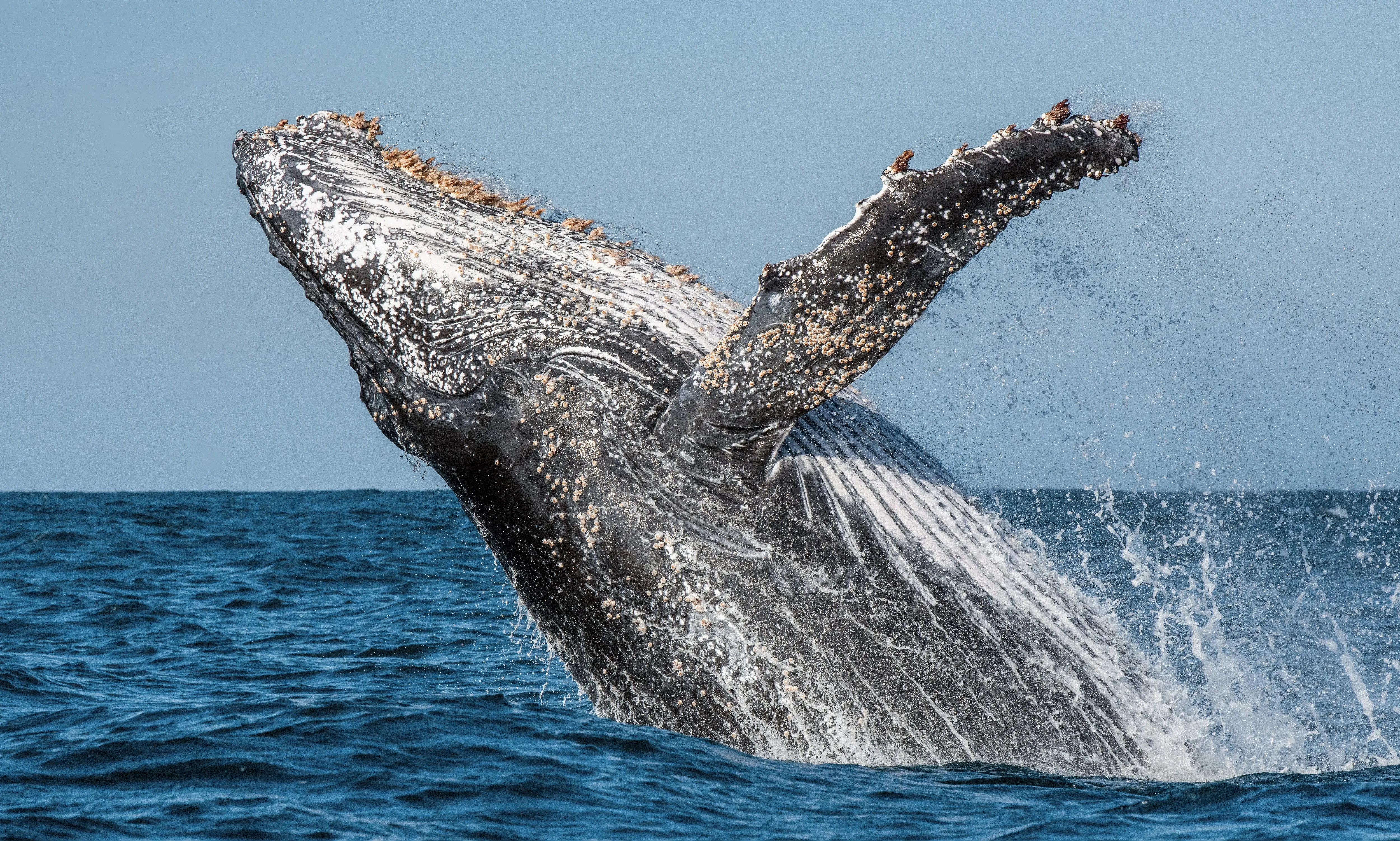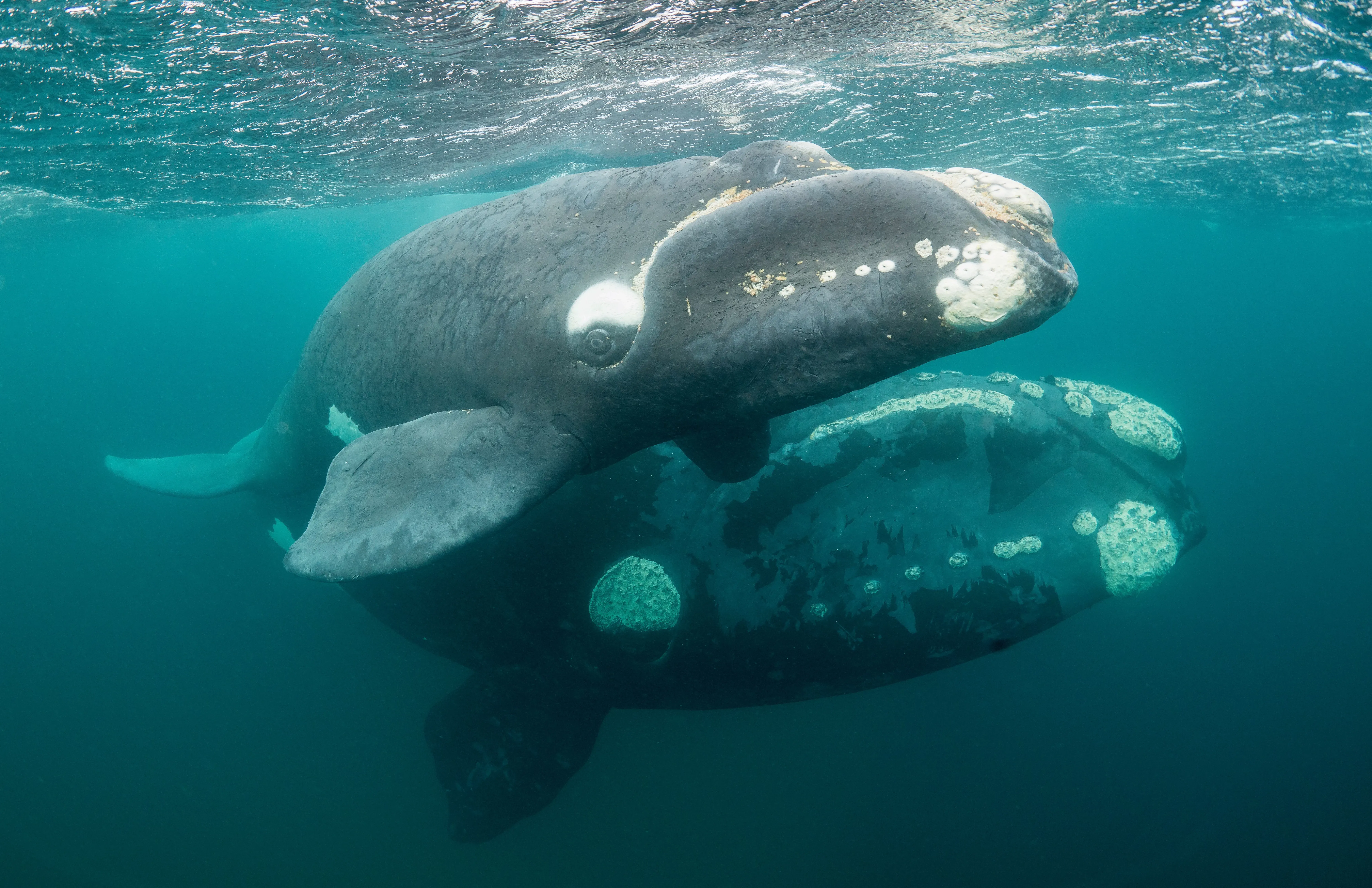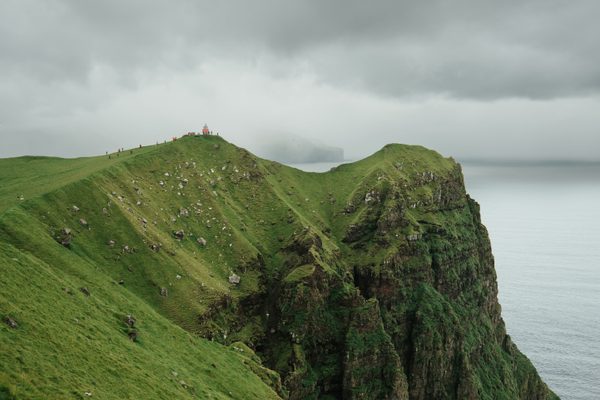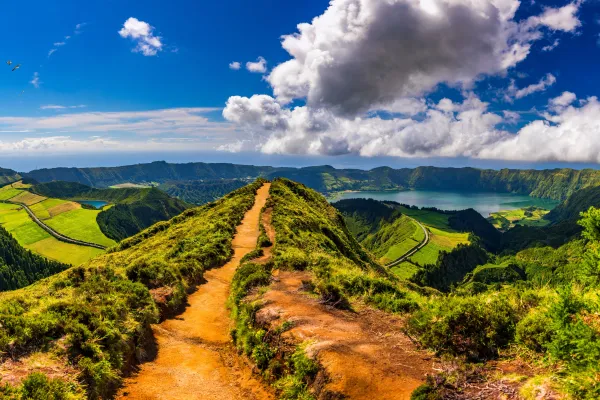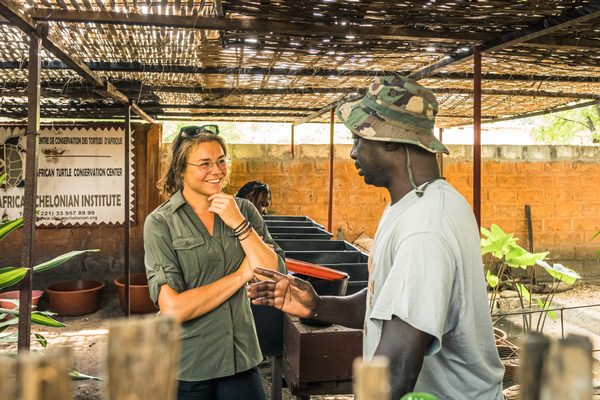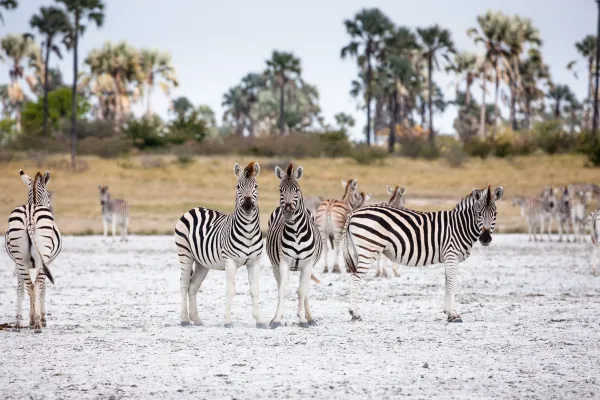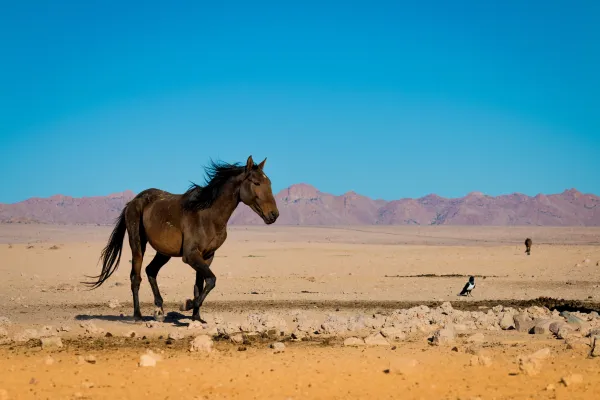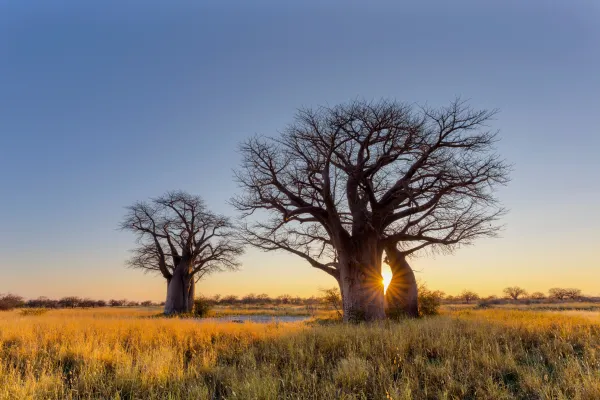Cape Town – Africa's city of biodiversity
Lying at the southern tip of the African continent, beneath the colossal stone sentinel of Table Mountain and flanked by two oceans, Cape Town undoubtedly deserves its place among the world's top-rated travel destinations. It is one of South Africa's three capitals (administrative, legislative, and judicial) and a tourism hotspot.
Locals affectionately call their home the "Mother City". This nickname refers to the Dutch ship's doctor and tradesman Jan Van Riebeeck's arrival on these shores in 1652. He established a settlement here, which kicked off the colonial occupation of South Africa.
The centuries that followed were tumultuous, plagued by violent battles, political unrest, and the heinous 'apartheid' system. A political system of racial segregation that established a division of the population into different groups with different privileges. Nevertheless, Capetonians have always been passionate about their town, and with good reason.
The Cape Peninsula presents some of the most spectacular scenery and unique ecosystems. Furthermore, the city's diverse culture, vibrant nightlife, and thriving food scene are additional compelling reasons to visit. Cape Town's metropolitan area stretches across some 400 square kilometres. However, its epicentre is the 'city bowl', which lies in the cradle below Table Mountain, fringed by the Atlantic coast. Sparkling skyscrapers, shopping malls, and high-end hotels are interspersed with art galleries, bars, backpacker hostels, and restaurants. Kloof Street is the unofficial hippest street, while Long Street is known as party central. However, Cape Town's natural attractions are its most outstanding drawcard.
Cape Town nature and wildlife
It is easy to understand why Cape Town's natural beauty has stolen many travellers' hearts. The city has an incomparable setting, with the Table Mountain and its 1000-metre pancake-flat top as a backdrop and a sparkling ocean coast. The mountain's unique geometry earned it a place among the world's seven new wonders in 2011. Millions of years ago, the mountain was still under sea level. The water carved away the softer sandstone layers and shale on the peak's surface. This natural process left only the lower layers of unyielding Cape granite behind, creating its striking flat top. You can access the summit via a cable car, which provides a magnificently journey up its sheer slopes. Alternatively, several trails lead up to the top and allow hikers to take in the incredible views at more leisure.
Table Mountain and the adjacent peaks of Devil's Peak and Lion's Head create an unforgettable city skyline. They are also the starting point of the Table Mountain National Park, a sanctuary of biodiversity that extends across roughly 220 square kilometres of the peninsula. The park ends at Cape Point Nature Reserve, Africa's southwestern tip. Visitors can discover extraordinary plant life on these mountains and the broader Western Cape.
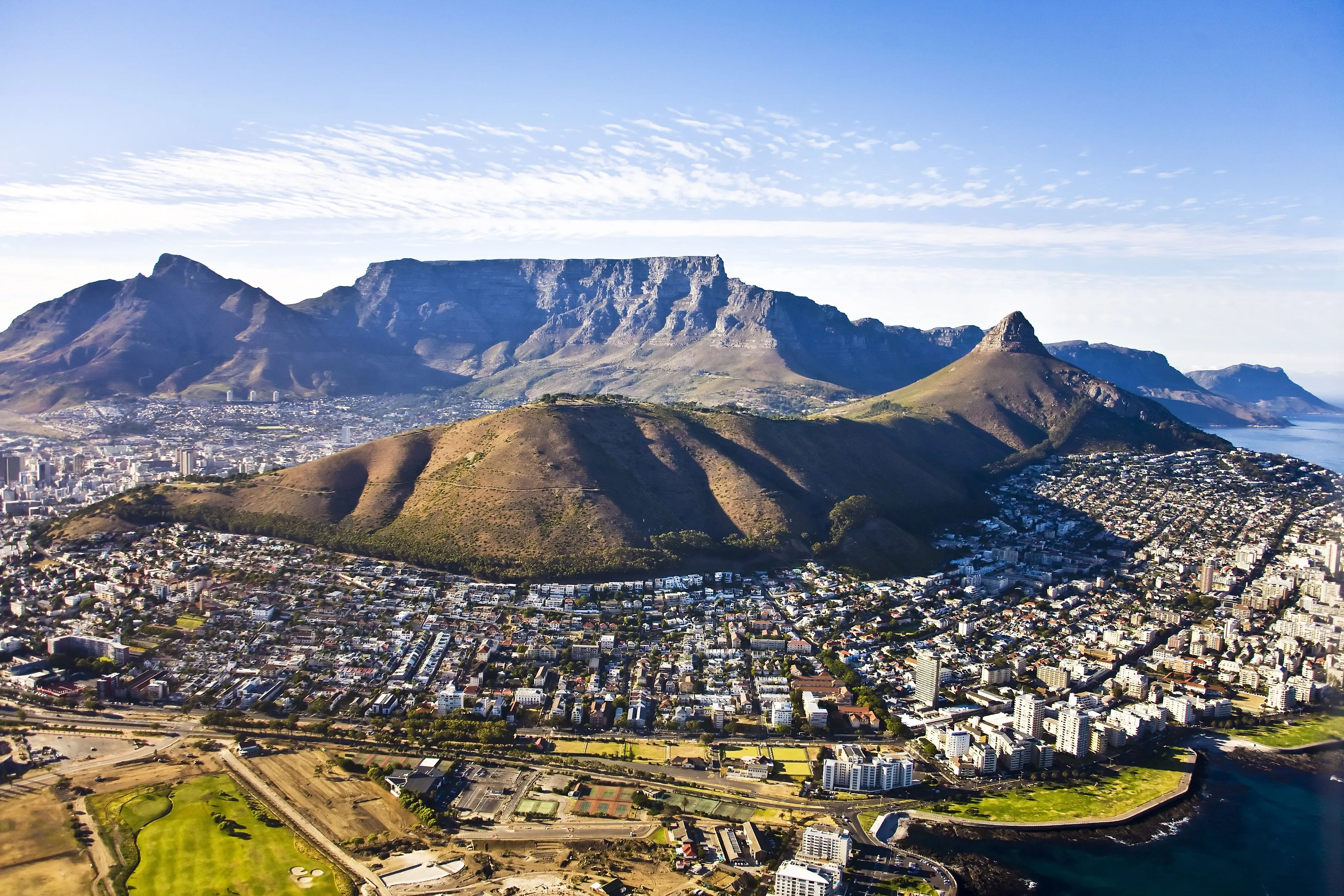
A floral kingdom
The region is home to one of six floral kingdoms, characterised by its distinctive "fynbos" vegetation. Table Mountain alone has approximately 2200 plant species, of which roughly 70 % are endemic to the massif. Additionally, the Cape Peninsula also has rich animal life.
While some larger species such as Cape mountain lions and zebras have disappeared from the region, it still features healthy populations of hyraxes, buck, chacma baboons, and caracals. Moreover, Cape leopards still wander wilderness regions surrounding the city, although these elegant felines are highly endangered and elusive.
Marine biodiversity
The region's oceans are equally rich with life. From June to October, humpback, Bryde's, and southern right whales arrive in the coastline's sheltered bays to mate and give birth to their calves. Additionally, the southern African coastline is home to a few of the world's last remaining African penguin colonies, one of which is at Boulders Beach, roughly 40 minutes drive from the city centre. These endearing creatures are one of Cape Town's top wildlife attractions. However, they are highly endangered.
The Southern African Foundation for the Conservation of Coastal Birds estimates that the global African penguin population presently stands at a mere 14700 breeding pairs. Of these, 10400 inhabit South Africa, while the remainder lives on the Namibian coast. Despite conservationists' efforts to save the African penguin, the animal's future remains uncertain. The IUCN Penguin Specialist Group has identified it as one of three highly endangered global penguin species. They predict these birds could be extinct in the coming decades if urgent conservation intervention strategies are not implemented.
The Cape Peninsula's bays were considered one of the great white shark capitals of the world until around 2017 when sightings became incredibly rare. The reasons for this are complex, and scientists still do not entirely understand the bigger picture. However, the population has likely been declining steadily over many years. A combination of recent stressors hard hit the great white shark. These majestic apex predators have tragically since all but disappeared from this area.
However, Cape Town's coast still has an abundance of other beautiful shark species, including bronze whaler sharks, which reach lengths of roughly 3.5 metres. Snorkelling in the kelp forests fringing its sheltered bays will reveal smaller leopard catsharks and vertically striped pyjama sharks.
Cape Town natural highlights
Cape Point – This striking promontory snakes into the ocean, its jagged peaks rising above crashing waves. The icy Atlantic Ocean meets the more temperate Indian Ocean, creating powerful gales and highly changeable weather. The early explorers who sailed to this remote part of the world dubbed it the 'Cape of Storms'. Furthermore, any local can tell you that experiencing four seasons in one day is a common phenomenon here.
Boulders Beach – This sandy beach curves around a bay sheltered by huge boulders, creating tranquil coves lapped by azure waters. Scenery aside, however, its true attraction is the colony of African penguins that nest here. Their waddling gait, 'tuxedo' markings, and nurturing social connections make them irresistibly charming. Fun fact: African penguins are monogamous and mate for life!
Table Mountain – Unique flora and fauna aside, the 360-degree views over the Cape Peninsula from the summit of this majestic landmark are breathtakingly beautiful.
Sign up for the newsletter
By clicking on “Subscribe now” I will subscribe to the Conscious Explorer newsletter with all the information about mindful travel. Information on the success measurement included in the consent, the use of the shipping service provider MailChimp, logging of the registration and your rights of revocation can be found in our privacy policy.
